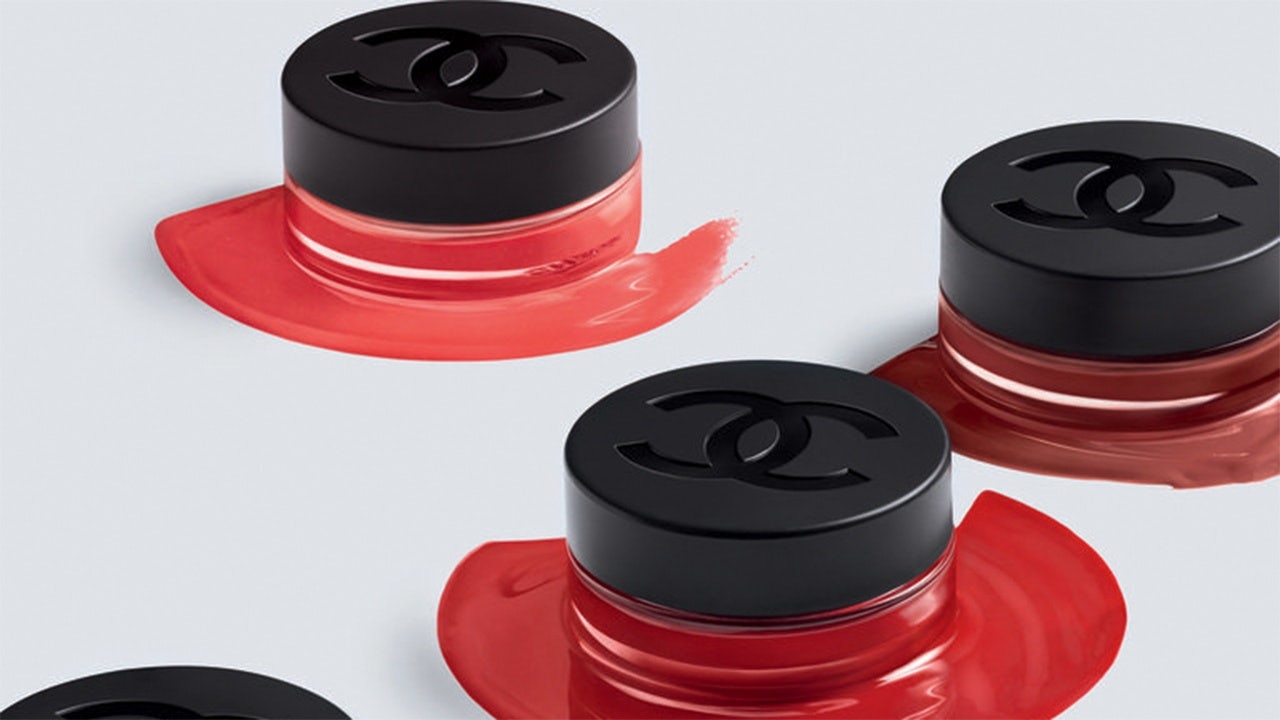What happened
A new year means new troubles for Chanel. At the beginning of 2022, Chanel launched a series of campaigns to promote its new red camellia skincare products from its line, The Czar. By featuring Chinese celebrities Wang Yibo, Liu Wen, Zhang Junning, and others, the French Maison’s new product reveal instantly attracted hype, with campaign video views exceeding 100 million. However, Chanel’s new series promotion is now being threatened by Sun Laichun, the founder of Lin Qingxuan, a domestic skincare brand established in 2003 that specialized in products using the red camellia flower.
Sun called the legacy brand out on Weibo, stating, “This is a crucial battle” and stressing how Chanel’s red camellia line launch was a “premeditated” steal since the luxury brand recruited several crucial employees from Lin Qingxuan in 2021. The founder also noted that 90 percent of red camellia flower species originate from China, while the rest come from Southeast Asia and South Korea. As such, Sun thinks the French house lacks the heritage to launch this specific skincare line.
Thus far, the hashtag #FounderOfLinQingXuanaccusesChanelofunfaircompetition has amassed over 87 million views.
The Jing Take
This issue has sparked heated discussions on local social media sites, and many netizens spoke out in support of Lin Qingxuan. Yet others expressed differing opinions. “I support domestic brands but refuse the guilt trip,” said one user who accused Sun of manipulating consumer sentiment with patriotic claims. They went on to add that recruiting employees from other companies by offering better benefits and using the same ingredients (as long as they are not patented) are both fair and legal from a business standpoint.
With domestic beauty labels growing and positioning themselves higher on the luxury pyramid, greater competition between local and global brands has become inevitable. Since they have been taking market shares from international brands over the past few years, domestic brands should now prepare for harsher attacks like this one. A bumpier road is ahead, not an easier one.
Sun's perceived threat is one that most local companies share. Therefore, the way for domestic brands to make gains in China in the future will be through high-quality products, differentiation, and consumer-centric marketing, as nationalism will only take them so far.
The Jing Take reports on a piece of the leading news and presents our editorial team’s analysis of the key implications for the luxury industry. In the recurring column, we analyze everything from product drops and mergers to heated debate sprouting on Chinese social media.


